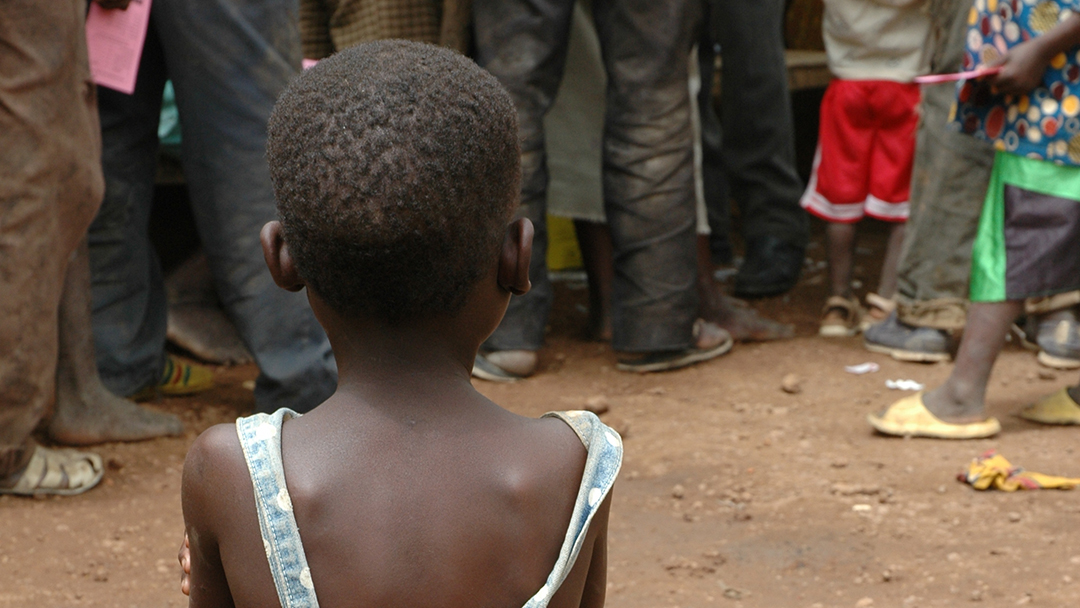
05 Feb Researchers take world-first approach to rare childhood disease
A team of researchers are seeking to better understand and treat a rare neurological disease using a new approach.
Nodding Syndrome (NS) is an unexplained neurological illness reported in Uganda, South Sudan and Tanzania and mainly affects children for the first time when they are between 5 and 15 years of age. The disease is characterized by head-bobbing spells, which is often followed by other types of seizures, growth faltering and cognitive deterioration in subsequent years. Currently, the cause for NS is not known and researchers and clinicians do not have an estimate as to how many children are impacted worldwide.
The South Sudan Nodding Syndrome Study (SSNSS) led by AIGHD Academic Staff Prof. Michael Boele van Hensbroek hopes to answer both of these questions.
A team of local researchers, led by Gasim Abd-elfarag, is visiting households in the study’s geographic area and speaking with families to determine how many children are affected, how long they have had symptoms and to identify potential risk factors that may contribute to the disease including environmental, social and dietary.
One hundred children with recently started NS symptoms (less than 12 months) will be enrolled in the detailed descriptive study and followed for 12 months to monitor the disease progression along with two hundred children without the disease, to better understand what changes occur when a child becomes sick with the syndrome. Researchers also will conduct comprehensive state of the art molecular biological testing to determine potential causes.
“This disease is so challenging because no one knows who will be effected and what causes it. The way we are collecting the data and studying this disease is unique and no one in the world has yet to undertake research on Nodding Syndrome in such a meticulous way,” said Michael, who is also a paediatrician at the Amsterdam UMC.
He recently returned from South Sudan after meeting with study participants, families and local partners and importantly, reviewing data collection methods to ensure a consistent and unbiased approach.
“There’s a lot of support from the community for this project, because everyone knows this is a major problem. This disease affects hundreds of children in a restricted area and jeopardizes their lives and their families’ lives,” said Michael, adding there’s a stigmatization with the disease. Because the cause is not known, children are often restricted from going to school and sharing plates with family members for fear of spreading the illness.
Collaboration is key to success
The project brings together several organizations and teams, including partners in South Sudan whose contributions are ensuring the project continues to move forward.
The Amsterdam UMC’s Department of Microbiology, led by prof. dr. Menno de Jong, is also involved to conduct a number of comprehensive tests on the samples from children involved in the study. The goal of the analysis is to determine if the disease can be linked to a particular virus, or if there are specific white cell activation patterns found in children with NS, which could point to a certain bacteria or virus as the cause.
A number of organizations are involved in the project, including Health Works, Royal Tropical Institute, Macda, University of Juba and University of Antwerp.
Funded by a €1 million grant from the Dutch Ministry of Foreign Affairs, the study was launched in January 2015. However, do to serious security issues in South Sudan over the past years, researchers were prevented from visiting the country to begin training and the research until last year.
For more information, visit the SSNSS project page.
